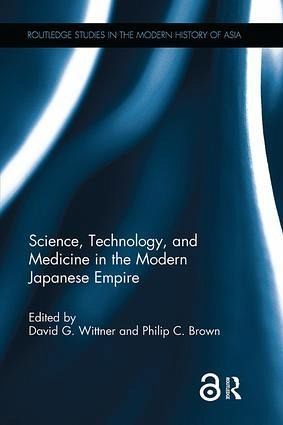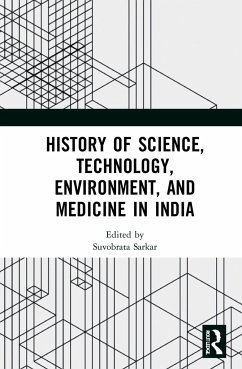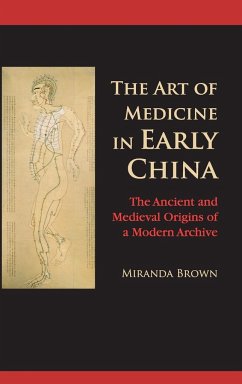
Science, Technology, and Medicine in the Modern Japanese Empire
Versandkostenfrei!
Versandfertig in 1-2 Wochen
70,99 €
inkl. MwSt.
Weitere Ausgaben:

PAYBACK Punkte
35 °P sammeln!
Science, technology, and medicine all contributed to the emerging modern Japanese empire and conditioned key elements of post-war development. As the only emerging non-Western country that was a colonial power in its own right, Japan utilized these fields not only to define itself as racially different from other Asian countries and thus justify its imperialist activities, but also to position itself within the civilized and enlightened world with the advantages of modern science, technologies, and medicine. This book explores the ways in which scientists, engineers and physicians worked direc...
Science, technology, and medicine all contributed to the emerging modern Japanese empire and conditioned key elements of post-war development. As the only emerging non-Western country that was a colonial power in its own right, Japan utilized these fields not only to define itself as racially different from other Asian countries and thus justify its imperialist activities, but also to position itself within the civilized and enlightened world with the advantages of modern science, technologies, and medicine. This book explores the ways in which scientists, engineers and physicians worked directly and indirectly to support the creation of a new Japanese empire, focussing on the eve of World War I and linking their efforts to later post-war developments. By claiming status as a modern, internationally-engaged country, the Japanese government was faced with having to control pathogens that might otherwise not have threatened the nation. Through the use of traditional and innovative techniques, this volume shows how the government was able to fulfil the state's responsibility to protect society to varying degrees. The contributors push the field of the history of science, technology and medicine in Japan in new directions, raising questions about the definitions of diseases, the false starts in advancing knowledge, and highlighting the very human nature of fields which, on the surface, seem to non-specialists to be highly rational. Challenging older interpretative tendencies, this book highlights the vigour of the field and the potential for future development. Therefore, it will be of huge interest to students and scholars of Japanese history, Asian history, the history of science and technology and the history of medicine.














